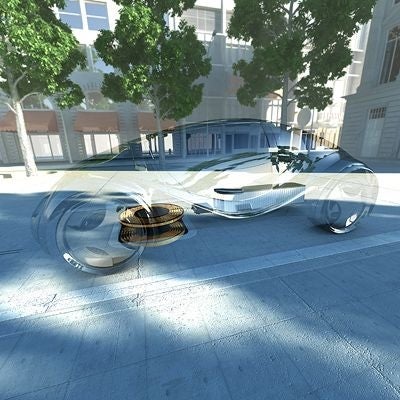Inductive EV charging trial announced for Berlin

A test of wire-free charging technology for electric vehicles is to begin in Berlin in June, German utility firm Siemens confirmed last week.
The trial will see several electric cars in the German capital fitted with inductive coils capable of receiving energy wirelessly from transmitters placed under the ground, technology which has been jointly developed by Siemens and BMW.
Although it's unclear which vehicles will be used in the trial, there are several prototypes of the BMW ActiveE, an all-electric version of the 1 Series, currently undergoing trials in Berlin.
The development of inductive charging is seen by many as essential to the progress of electric vehicles - a similar trial by a company called Plugless Power is currently underway in the US at Google's California headquarters.
It's important because being able to charge quickly and easily relieves some of the key concerns many potential adopters have about electric vehicles - their long charging time and subsequent range.
Siemens is keen to point out that the development of wireless charging will greatly speed things up for drivers.
"Because electric cars have to recharge their batteries more often than vehicles with combustion engines need to refuel, various charging techniques are required that are adapted to the needs of the drivers and vehicles," said the firm in a statement.
"Siemens' inductive energy transmission concept would make it possible to automatically recharge vehicles such as taxis waiting at cab stands."
Another advantage will be the discreet nature of the solution - instead of charging stands commonplace in EV-ready cities today, charging stations can be hidden underground, albeit with a slight loss of efficiency compared to a plug socket.
Join our commenting forum
Join thought-provoking conversations, follow other Independent readers and see their replies
Comments
Bookmark popover
Removed from bookmarks